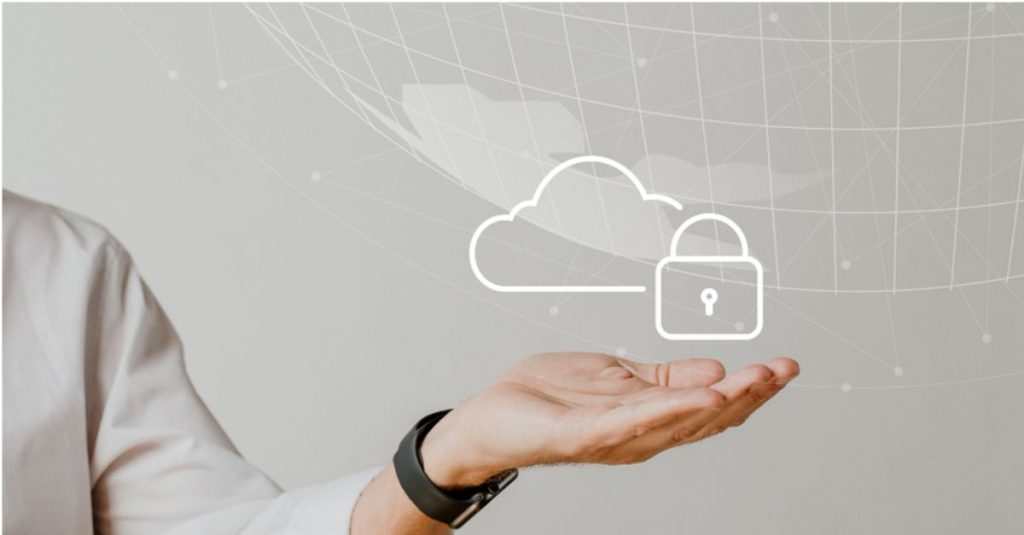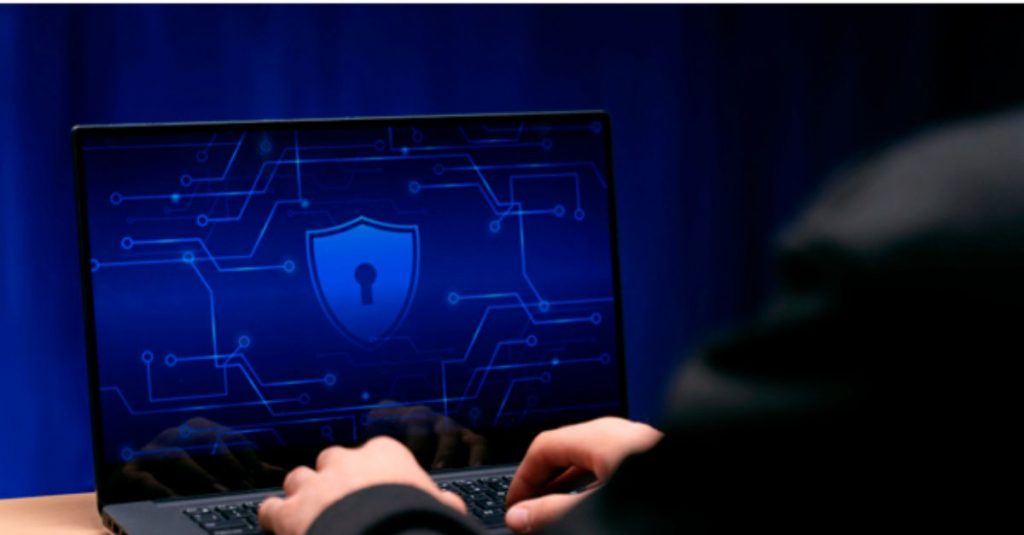Cybersecurity and cybercrime: What are the consequences of cyberattacks and how to defend against them?
As technology continues to advance and become an ever-presence in both personal and professional life, the potential for cyberattacks increases exponentially. Cybersecurity threats not only present risks to individuals but can have serious consequences for businesses. For organizations of all sizes, knowledge is power when it comes to preventing similar occurrences in the future. What do you know about the consequences of cyberattacks and how to defend against them? The digital age has brought with it a slew of new opportunities and potential threats. Cybersecurity is becoming an increasingly important issue to consider in both personal and professional life, as cyberattacks can have serious consequences. Let’s take a look at the dangers of cybercrime and how businesses and individuals can protect themselves and ensure online security.

What is cybersecurity, and why is it important?
Cybersecurity is the practice of protecting information and systems from unauthorized access, destruction, use, modification, or disruption. It involves a range of measures and strategies to protect sensitive data, networks, and systems from malicious actors seeking to gain access or cause harm. As technology continues to evolve, cybercriminals are becoming more sophisticated in their methods and tactics. It is therefore increasingly important for organizations to ensure they have robust cybersecurity measures in place to protect against potential threats.

What are the consequences of a cyberattack?
Cyberattacks can have serious consequences, both for businesses and individuals alike. The most common types of attack include:
#1. Financial loss
One of the most significant consequences of a cyberattack is financial loss. A cyberattack can result in a company losing money due to stolen data, damaged systems, or ransom payments. In some cases, the financial losses can be so severe that a company is forced to close its doors.
#2. Loss of customer trust
Another consequence of a cyberattack is the loss of customer trust. If a customer’s personal information is stolen in a data breach, they are likely to lose trust in the company that was attacked. It can lead to customers taking their business elsewhere, which can further damage a company’s bottom line.
#3. Damage to reputation
In addition to destroying customer trust, a cyberattack can also damage a company’s reputation. Once word gets out that a company has been attacked, it can be difficult to regain the trust of potential customers. This loss of trust can lead to long-term damage to a company’s reputation and bottom line.
#4. Legal liability
A cyberattack can also result in legal liability for the company that was attacked. If sensitive data is stolen in a data breach, the company may be held responsible for identity theft or fraud.
#5. Competitive advantage lost
A cyberattack can also give attackers a competitive advantage over the companies they attack. If an attacker can steal trade secrets or other confidential information, they may be able to use that information to gain an edge over their competitors. It can lead to long-term damage to the attacked company’s competitive position.
#6. National security threatened
In some cases, a cyberattack can pose a threat to national security. If critical infrastructure is targeted in an attack, it could result in widespread power outages, transportation disruptions, or even the loss of life. If sensitive government data is stolen in an attack, it can jeopardize national security and put lives at risk.
#7. Data loss
For an average user, such as a student or researcher, cyberattacks may spoil the effort, money spent on visiting writing services such as Trust my Paper, and months of hard work.

How do you defend against cyberattacks?
Organizations and individuals alike can take steps to prevent cybercrime and protect themselves from malicious actors. Here are the top ways to defend against cyberattacks:
- Implement a comprehensive cybersecurity policy across your organization. It should include regular security checks, secure passwords, two-factor authentication, and updating antivirus software regularly;
- Educate employees on best practices for staying safe online such as not clicking on suspicious links or emails, avoiding public Wi-Fi networks, and using up-to-date applications with the latest patches and updates applied;
- Leverage security solutions such as firewalls, anti-malware software, and intrusion detection systems to monitor network activity for suspicious behavior, and alert administrators if any threats are detected;
- Regularly back-up data and keep a copy of back-up files offsite to reduce the risk of data loss;
- Limit access to sensitive information and systems to only those who need it and ensure accounts are quickly locked out if attempts are made with incorrect credentials or passwords;
- Monitor online activity for any suspicious activities such as changes in user behavior or account logs, unusual login attempts, large file transfers or downloads, etc.;
- When working on a scientific paper, consider seeking the assistance of writing service experts like Best Essays Education to protect your data and ensure its timely delivery;
- Utilize encryption technology when transmitting sensitive data over public networks;
- Consider hiring an external security specialist to audit your existing security policies as well as review procedures that can be employed in the event of a successful cyberattack;
- Stay up to date on the latest security threats and develop a proactive approach to addressing them;
- Have a response plan in place to address any potential security threats quickly and effectively.

What are the key things you should do after a cybersecurity attack?
When confronted with a cyberattack, organizations should act quickly to minimize the damage caused by the attack and restore operations as soon as possible. Here are some suggestions for mitigating the effects of a cyberattack:
- Immediately contain or quarantine any infected systems to prevent further damage;
- Identify the source of the attack and take appropriate steps to ensure it is prevented from happening again in the future;
- Analyze the extent of the damage caused by the attack and take steps to restore any affected systems or data;
- Assess the root cause of the attack and identify any vulnerabilities that may have been exploited;
- Perform regular security checks to ensure all systems are up to date with the latest patches and updates applied;
- Review existing policies, procedures, and protocols for dealing with cyberattacks and make any necessary changes or adjustments;
- Inform affected customers or stakeholders and keep them updated throughout the process;
- Contact law enforcement if necessary to investigate the attack and help identify any perpetrators;
- Take steps to improve overall security going forward, such as training staff on cybersecurity best practices or implementing additional security solutions;
- Monitor the network for suspicious activity and implement additional measures to prevent further attacks.
Conclusion
Despite the increasing sophistication of cyberattacks, organizations, and individuals can take steps to protect themselves from malicious actors. Implementing comprehensive cybersecurity policies, educating employees on best practices, leveraging security solutions, and monitoring online activity are all essential steps that organizations can take to ensure their systems are protected. By taking all the necessary steps, organizations can reduce their risk of falling victim to a cyberattack.



